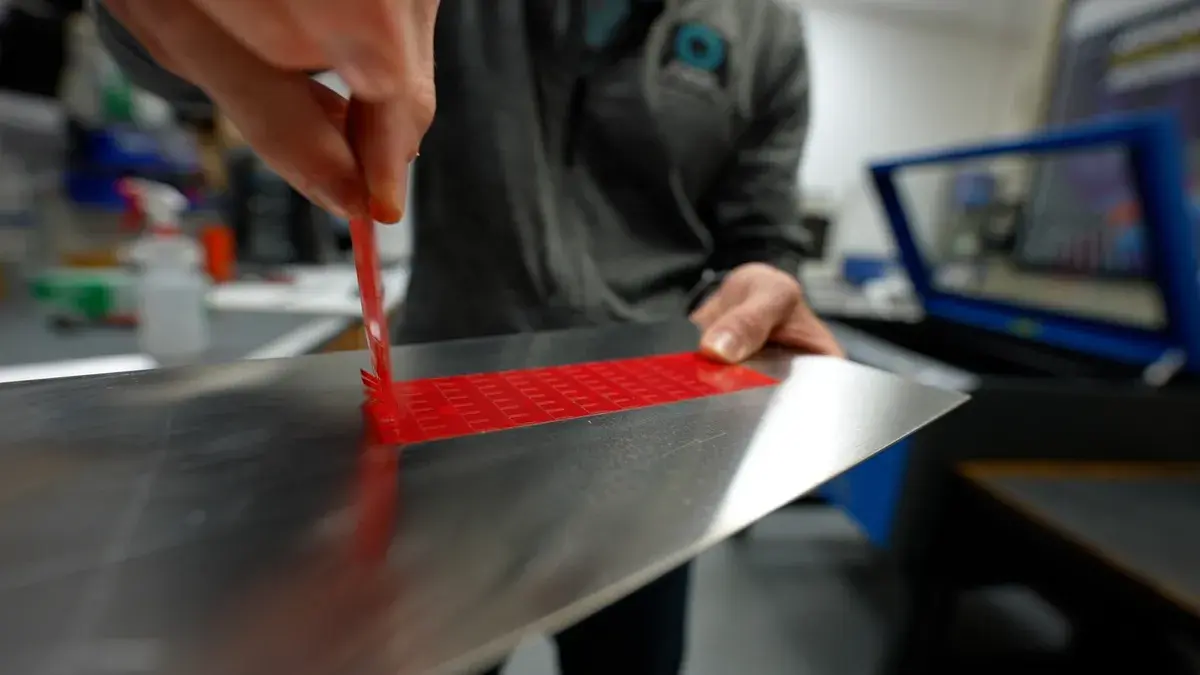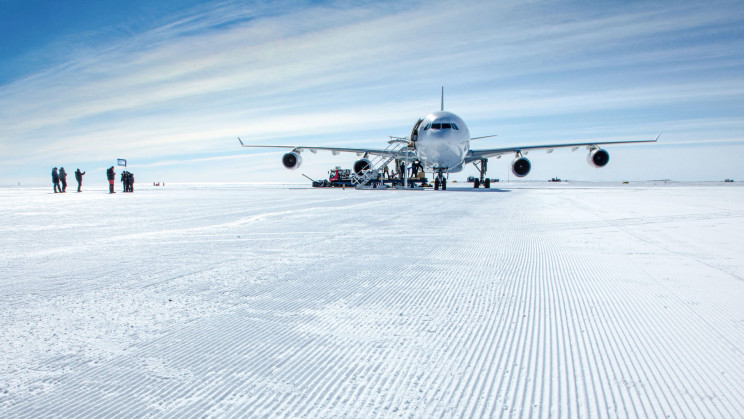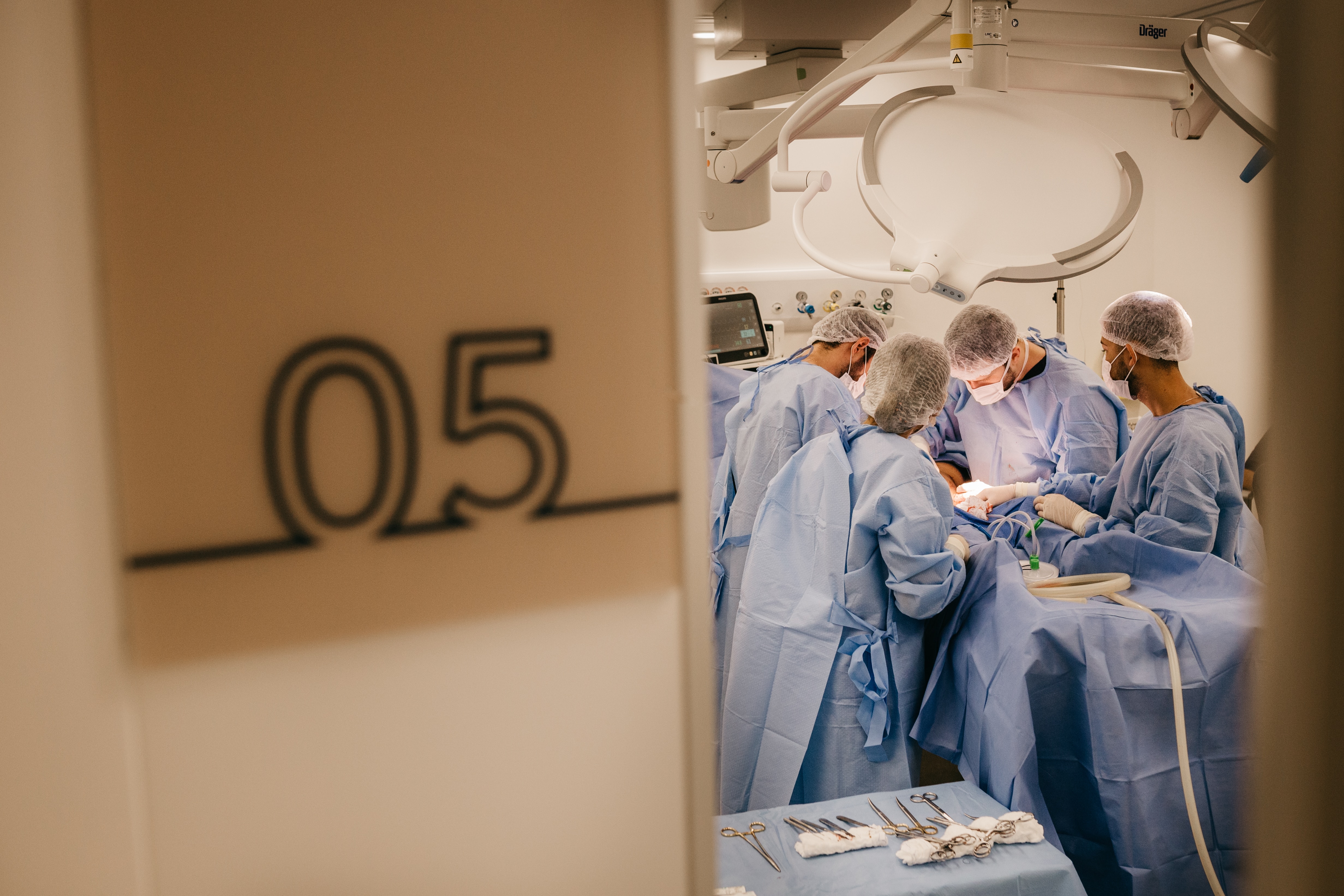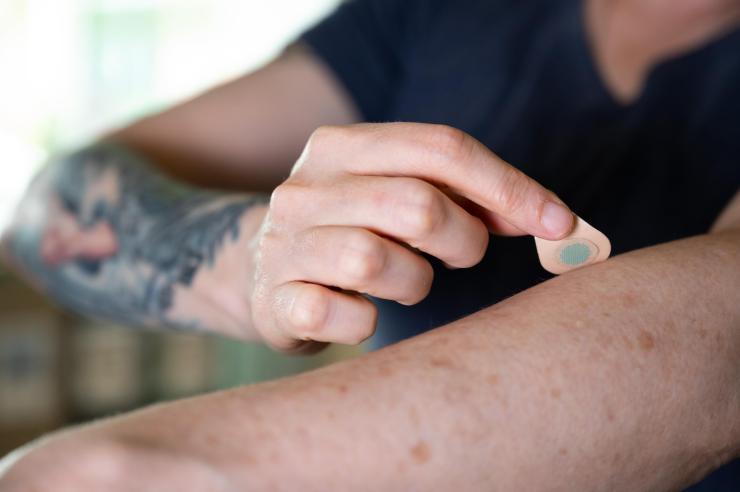Polyethylene terephthalate (PET) is one of the most widely used types of plastic. About 1m plastic bottles are sold every minute around the world. But, out of this, only 14% of plastic waste is recycled.
The global plastic waste crisis is now recognized as one of the most pressing environmental issues faced by our planet today.
Instead of just recycling plastic waste into more plastic, scientists at the University of Edinburgh, UK have now found a novel way to transform plastic waste into valuable raw material.
This new technique could be a game-changer in reducing plastic waste
Scientists genetically engineered Escherichia coli (E. coli) to transform plastic waste into vanillin— vanilla flavoring. Vanillin is the main aroma constituent that is responsible for the characteristic smell and taste of vanilla.
It is used in food, cosmetics, pharmaceuticals, cleaning products, and herbicides. Traditionally, it is extracted from vanilla beans. But the demand outweighs the supply of natural vanilla beans globally.
Joanna Sadler, of the University of Edinburgh, who conducted the new work, said: “This is the first example of using a biological system to upcycle plastic waste into a valuable industrial chemical and it has very exciting implications for the circular economy.”







